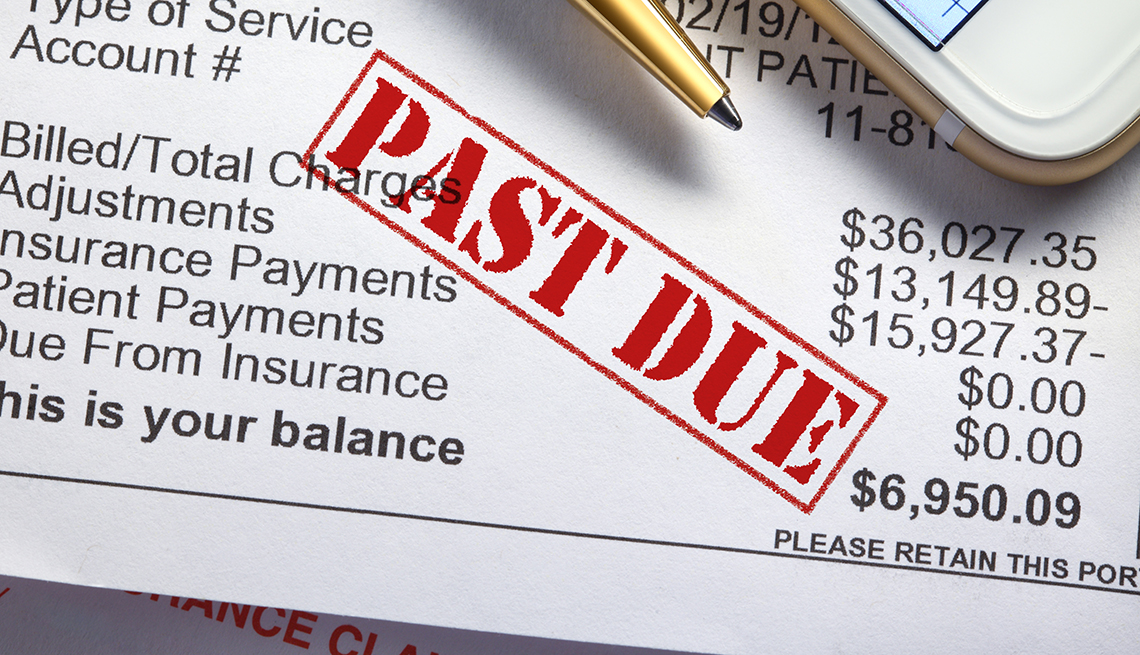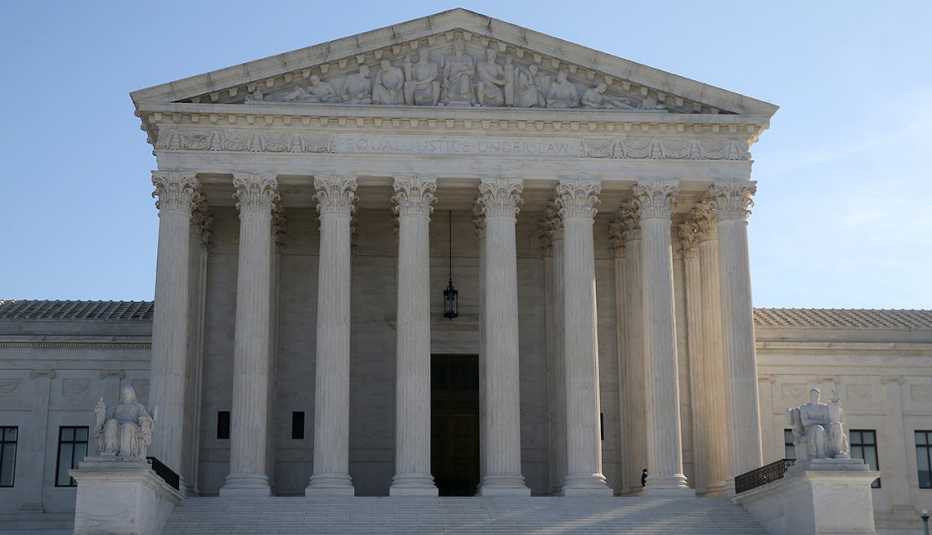Staying Fit
Consumers would be protected from getting hit with surprise out-of-pocket charges for medical care, even though they have health insurance, under provisions included in year-end congressional legislation that also provides COVID-19 relief and measures to fund the federal government through most of 2021. These provisions will take effect in 2022.
Many Americans learn that having health insurance doesn't protect them from huge medical bills after they have gotten the care they need. These surprise fees usually stem from “balance billing,” a practice that happens when someone gets health care from a doctor, hospital or other medical provider that doesn't belong to the patient's health insurance network.


AARP Membership— $12 for your first year when you sign up for Automatic Renewal
Get instant access to members-only products and hundreds of discounts, a free second membership, and a subscription to AARP the Magazine.
While most insurance pays some out-of-network charges, consumers are often asked to pay the difference between what the provider billed for and how much was reimbursed by the insurance company. Most often, the consumers didn't even know that they were receiving care from an out-of-network provider, especially when they need medical care in an emergency and are rushed to a hospital that's not part of their insurance plan's network.
Under a bipartisan agreement included in the larger COVID-19 relief and federal spending bill, patients who get care in an emergency room will be billed the in-network rate for that care, whether or not they are treated at an in-network facility.
"While not perfect, the legislation preventing surprise billing offers strong protections for consumers. Americans will no longer be stuck with expensive out-of-network bills from providers they didn't choose or had no control over."
Patients would also be “held harmless” in certain non-emergency situations in which they get care from an out-of-network provider. For example, if someone goes to a hospital and doesn't have a choice of who gives them anesthesia, the pathologist who processes their lab work or the radiologist who reads their X-ray or other diagnostic test, patients cannot be balanced billed because someone turns out to be an out-of-network provider. One exception to this provision would be if the provider lets a patient know 72 hours before providing the care that the provider is out of the patient's network and the patient consents to such care — and the extra charges that go with it.


































































